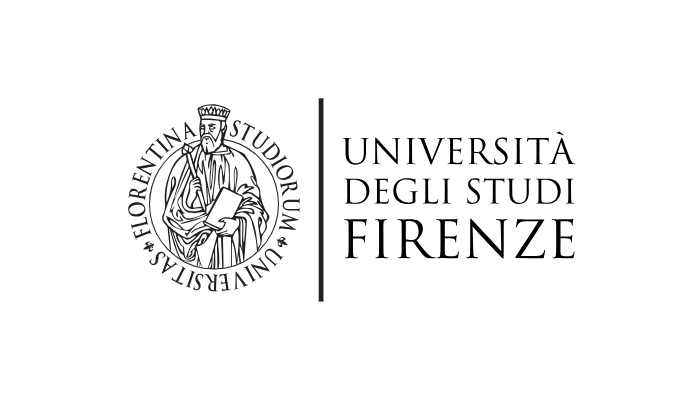
Università degli Studi di Firenze
Università degli Studi di Firenze
Organisation Introduction
The Università degli Studi di Firenze (UNIFI), Department of Industrial Engineering (DIEF), is an institution active in the higher education and research sector. The staff consists of more than 250 scientists and technicians. DIEF research groups cover all main competencies related to industrial engineering, mechanics, mechatronics and energy engineering being main fields. The UNIFI has a long lasting research activity in the field of surface transports with a specific focus on the automotive, Powered Two Wheeler (PTW), railway vehicles sectors. Research activities comprehend numerical and experimental modeling of dynamic systems, design of safety devices, virtual testing of PTWs and cars, product Life Cycle Sustainability Assessment (in environmental, economic and social perspective) and vehicle electrification (e.g. development of specific driving cycles, optimization of charging infrastructure, 0-D EVsimulation).
Why XL-CONNECT?
Shifting to electric mobility requires a strong integration between users, vehicles and infrastructure supporting energy production, distribution and storage. After numerous experiences in the field of vehicle development, UNIFI staff finally decided to work on the entire mobility energy supply chain to improve its knowledge and to contribute to optimization of energy use.
The exploitation of smart charging concepts on a broad level will help us supporting our city, our local authorities and – last but not least – to experiment smart charging units in our Campus, for the advantage of the University, of students, researchers and workers.
What in XL-CONNECT?
The main contribution of UNIFI is to manage the demonstration actions, with the contributions of various relevant partners, and to create one of the five real-world demonstrators planned across Europe. The real-world demonstrator will help the Consortium understanding those factors which can boost or limit the diffusion of advanced charging concept.
The effects of such energy charging strategies will be finally expressed in terms of social, economic and environmental impact.

“The strong connection between XL-Connect project and real-world problems to be solved here and now is an opportunity for us.
Studying, designing, modelling, simulation is not enough for XL-Connect demonstrator: we are willing to apply our studies in our campus.”

